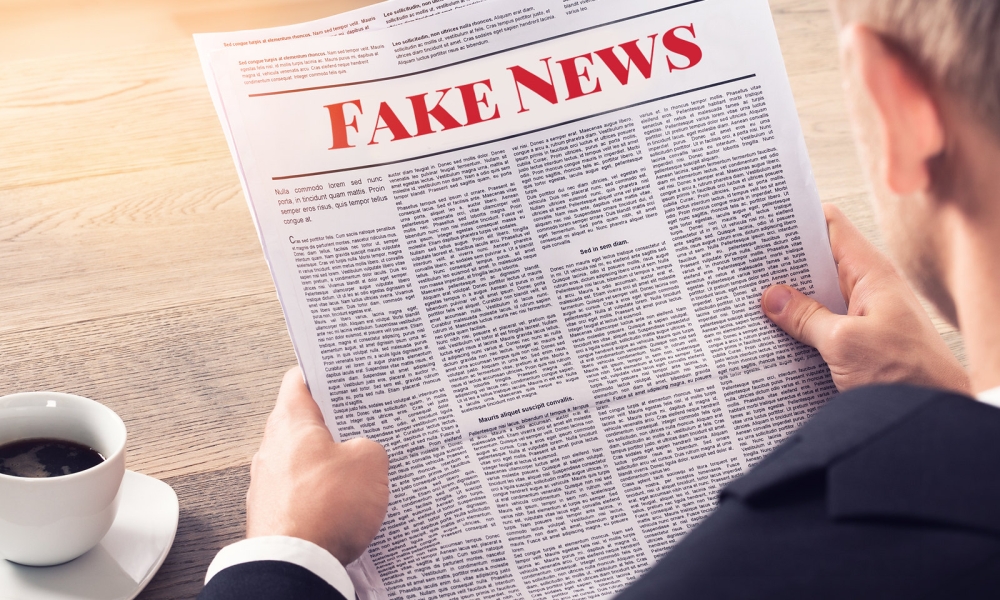Social media has enabled the rampant rise of "fake news", most notably witnessed during the 2016 US Presidential elections. This research evaluates the effectiveness of social media strategies used to curb the spread of fake news. It uses a pre-registered experiment to evaluate the effectives of measures taken by Facebook and other social media platforms towards countering misinformation.
Highlights:
- The results from the pre-registered experiment indicate that false headlines are perceived as less accurate when people are warned about misleading information on social media or when certain posts are tagged as 'disputed' or 'Rated false'.
- The effectiveness of these tags are modest, however they are unaffected by the respondents' personal political views. Additionally, the research finds the 'Rated false' tag more effective in lowering the perceived accuracy of a post in contrast to Facebook's original 'Disputed' tag.
- The experiment finds exposure to a general warning about fake news leads to an increase in disbelief in true headlines as well. This indicates the need for future research in more effective strategies to counter fake news without distorting belief in true information.

